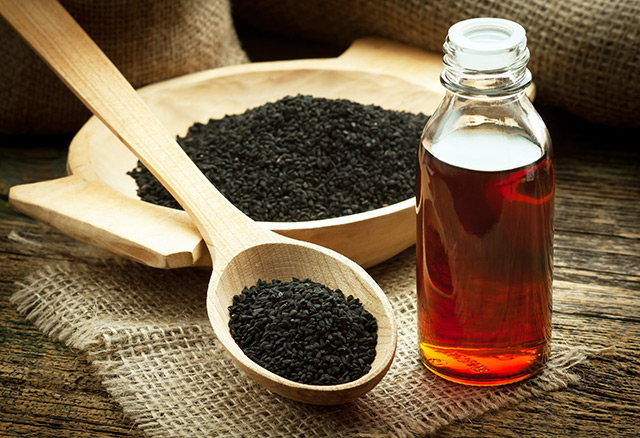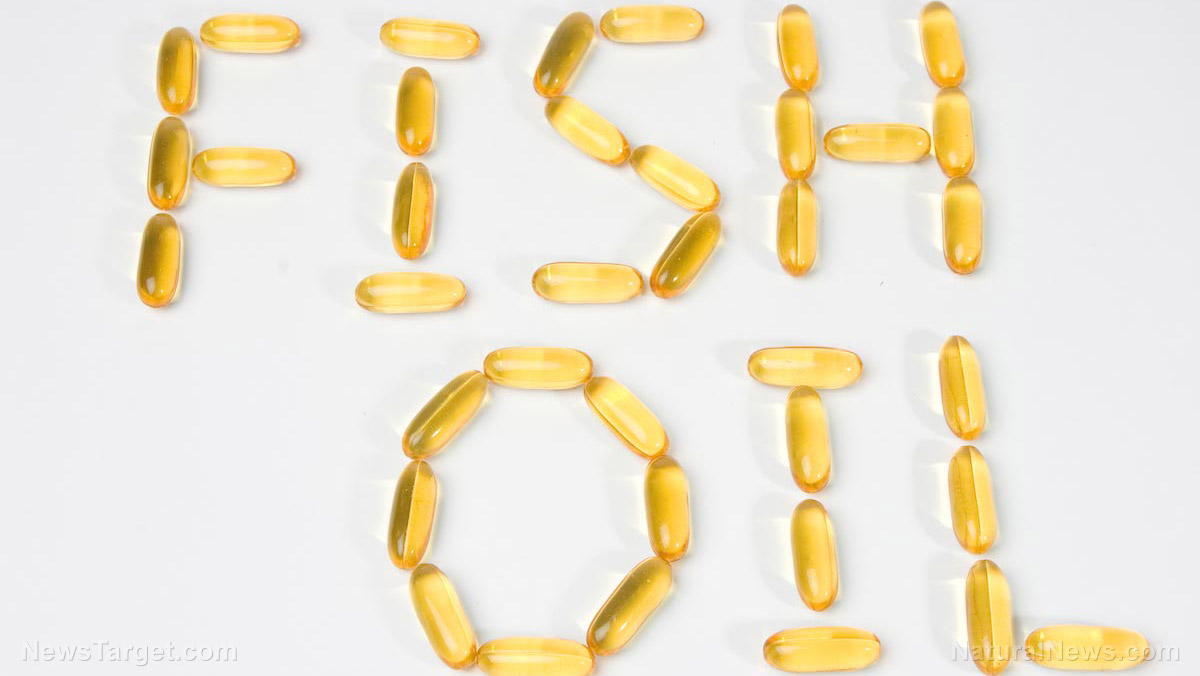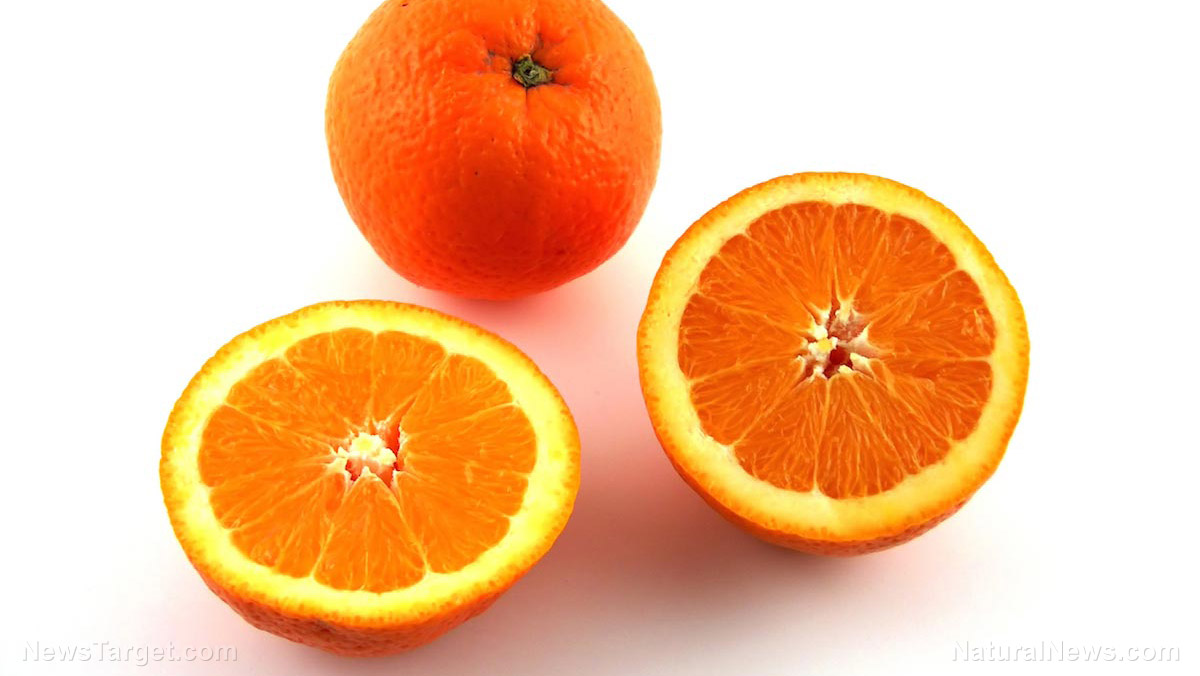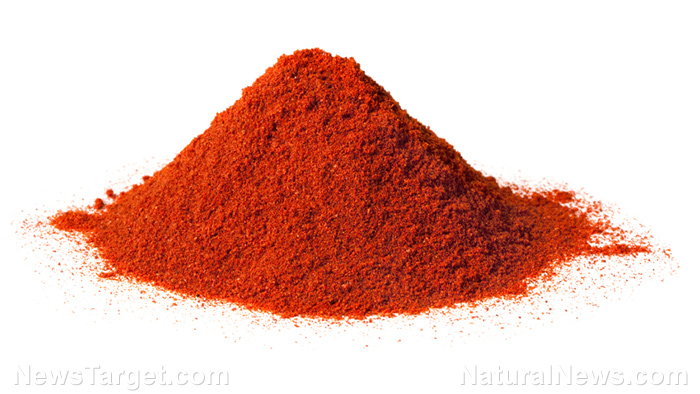Lower heart attack and stroke risk by increasing your intake of this essential vitamin
09/16/2020 / By Virgilio Marin

Heart disease is one of the major causes of death worldwide. It puts a person at risk of heart attack and stroke, which can leave survivors disabled for the rest of their lives.
There are drugs used to treat heart disease, such as statins. But these medications often come with side effects and are found ineffective in some people. In fact, a recent study discovered that statins do not lower cholesterol levels in 50 percent of the patients who participated in the research.
These issues highlight the need for an alternative solution. Some experts propose using vitamin C, or ascorbic acid, to treat heart disease. This essential vitamin is linked to a host of health benefits; it can reduce the risk of chronic diseases, boost the body’s immune response and improve iron absorption.
Vitamin C also plays a major role in collagen production. Collagen is a protein that serves as the major component of fibrous tissues such as the skin, bones and blood vessels.
Vitamin C lowers risk of heart disease
The studies below demonstrate how vitamin C reduces the risk of heart disease.
A review examined studies on vitamin C and found that high intravenous doses of the vitamin, in combination with lysine and proline, can reverse atherosclerosis – the process in which plaques build up in the arterial walls. Atherosclerosis often leads to coronary artery disease, a common cause of heart attack and stroke.
Lysine and proline work with vitamin C to boost collagen production. These two amino acids also have the effect of releasing lipoprotein from plaque formations.
In another study, researchers found that after 10 years, people who took at least 700 mg of the micronutrient daily had a lower risk of heart disease by 25 percent.
On the other hand, low levels of vitamin C are linked to high blood pressure, stroke and atherosclerosis. In fact, Nobel Prize-winning scientist Linus Pauling suggested that low levels of the vitamin predispose a person to heart disease. That’s because lipoprotein(a) is used to support the walls of blood vessels in the absence of vitamin C. Lipoprotein(a) is a major component of the plaques found in the blood vessels of people with atherosclerosis.
He recommended taking vitamin C as it inhibits the formation of lesions on blood vessel walls and may decrease the production of lipoprotein(a) in the blood. He added that 50 percent of patients who die of scurvy, or vitamin C deficiency, was found with ruptured blood vessels. (Related: Vitamin C and the big ‘C’.)
How much vitamin C to take
Vitamin C cannot be produced by the body; it has to be taken through diet or supplementation. Fruits and vegetables are rich in the micronutrient, including orange, kiwi, strawberry, bell pepper, kale, broccoli and spinach.
However, experts noted that taking vitamin C through diet is not realistic. They explained that, for its benefits to heart health to take effect, a person would need to consume dozens of oranges or bushels of red peppers a day. That’s more than most people are willing or able to eat. Instead, they recommend taking supplements.
The recommended daily allowance (RDA) for vitamin C varies according to age and gender. The RDA for adult women and men is 75 and 90 mg, respectively. The RDA for individuals aged 18 years and below is anywhere between 15 to 75 mg. Meanwhile, breastfeeding women are advised to take 120 mg.
Those who plan to use vitamin C for heart disease management should consult with a medical expert before taking a dosage above the RDA.
Learn more about the benefits of vitamin C at Nutrients.news.
Sources include:
Tagged Under: alternative medicine, atherosclerosis, brain health, disease treatments, food cures, food is medicine, heart attack, heart health, longevity, natural cures, natural medicine, nutrients, prevention, research, stroke, supplements, vitamin C
RECENT NEWS & ARTICLES
ReverseHeartDisease.News is a fact-based public education website published by Reverse Heart Disease News Features, LLC.
All content copyright © 2018 by Reverse Heart Disease News Features, LLC.
Contact Us with Tips or Corrections
All trademarks, registered trademarks and servicemarks mentioned on this site are the property of their respective owners.



















